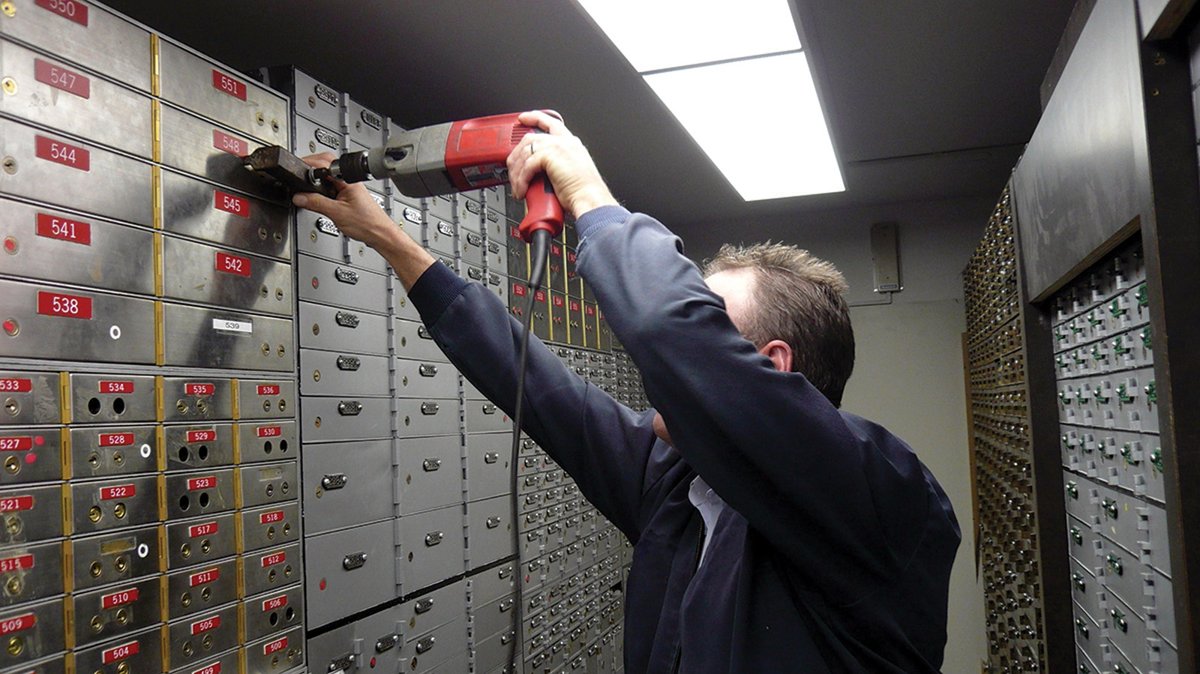As banks shut down vaults and political uncertainty prompts a rush to safeguard assets, works of art, jewellery and collectibles are increasingly making their way to private security deposit branches.
“Banks now store very little, so the private sector is growing at speed,” says David Ellerton, the manager of the UK’s Safety Deposit Association, which offers industry guidance. “Since 2008, people have been investing heavily in commodities and assets that they deem stable—including works of art, antiques, coins and collectibles,” he says.
Safety deposit boxes—metal boxes housed in secure locations—are often relatively small (although larger units are available), so generally contain portable items such as collectibles, coins, jewellery and smaller works of art and paintings.
The London department store Harrod’s has a safe deposit dating back to 1896, offering everything from small boxes (from £465 annually) to eight-foot-high vaults (£16,225 annually).
While large-scale spaces with environmental controls remain the realm of the specialist art storage units, safety deposit boxes are significantly cheaper and easier to access—one vault owner describes his service as “access 362 days a year, in and out in five minutes”.
In the UK, the ease of moving items in these units is coming into its own as uncertainty surrounding Brexit escalates. “We are seeing a lot of art and collectibles being moved from England to Dublin. People are worried and hedging their bets,” says Seamus Fahy, the co-founder of Merrion Vaults, which runs safety deposit boxes across the UK.
Private security boxes in the US are also on the rise. Again, a result of banks turning away from the headache of regulations around such storage options, but, more importantly, because of a recognition by banks of a millennial generation that is more keen on digital investments than physical storage of assets, says Jerry Pluard, the president of SDBIC, an asset protection firm.
Pluard says: “The hallmark of this storage is privacy. The banks or security firm owners don’t know what’s in there, so it’s hard to find basic data on the industry. Until [the owners] want coverage of $5m, we don’t need to know what’s in there. The risk of loss is the same regardless.”
While privacy is paramount, in the UK, the industry is required to register box facilities with the Financial Conduct Authority.
Indeed, one of the largest police operations run by the Metropolitan Police, Operation Rize in 2008, saw armed raids at three safety deposit centres, demonstrating the sheer strength of the UK’s anti-money laundering tools (in this instance, the Proceeds of Crime Act 2002).
More than 6,000 boxes were opened; child pornography, drugs and firearms were seized, as well as several paintings (it is unclear whether these were linked to criminal activity).





